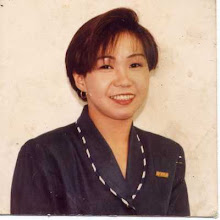Infant Hearing Testing Collaboration Formed
Todd B.Sauter, M.A., CCC-A Audiology Supervisor - UMass Memorial Medical Center
The Audiology Department at UMass Memorial is extremely fortunate to have formed a cooperative effort with Dr. Peter Foley, M.D., Ph.D., Chief of Pediatric Anesthesiology, for auditory evoked response testing requiring anesthesia. Auditory evoked response testing is the best objective test of frequency-specific auditory sensitivity in infants. The test battery includes the gold standard of tone-burst auditory brainstem response (ABR) as well as the auditory steady-state response (ASSR). This testing is extremely accurate and non-invasive; its only requirement is approximately 60 minutes of consistent sleep.
UMass Memorial is the only center in the region to use a dedicated pediatric anesthesiologist for this type of procedure, which maximizes safety for the testing. Also, because the anesthesia recovery areas of the hospital are utilized, several infants can be tested in a single time-block. This significantly reduces the waiting period to have the test scheduled and results in faster diagnosis.
Equally important, sleep is better controlled than typical in-clinic sedation, thus a complete, and extremely accurate frequency-specific test is guaranteed. The need for multiple tests, which can be emotionally taxing for parents, is eliminated. As the procedure is not performed in a sound treated room, intra-aural foam inserts are used to attenuate ambient room noise. The room is constantly monitored and controlled to ensure ambient noise does not interfere with test accuracy.
Fast and safe identification of infants and children with suspected hearing loss is crucial. A delay in diagnosis in these patients will create an unnecessary delay in intervention services such as hearing aids, cochlear implants, and oral or manual communication therapy. Undiagnosed hearing loss can adversely affect speech and language acquisition, social and emotional development, and academic achievement. Early, and accurate detection and intervention can reduce or eliminate these effects.




